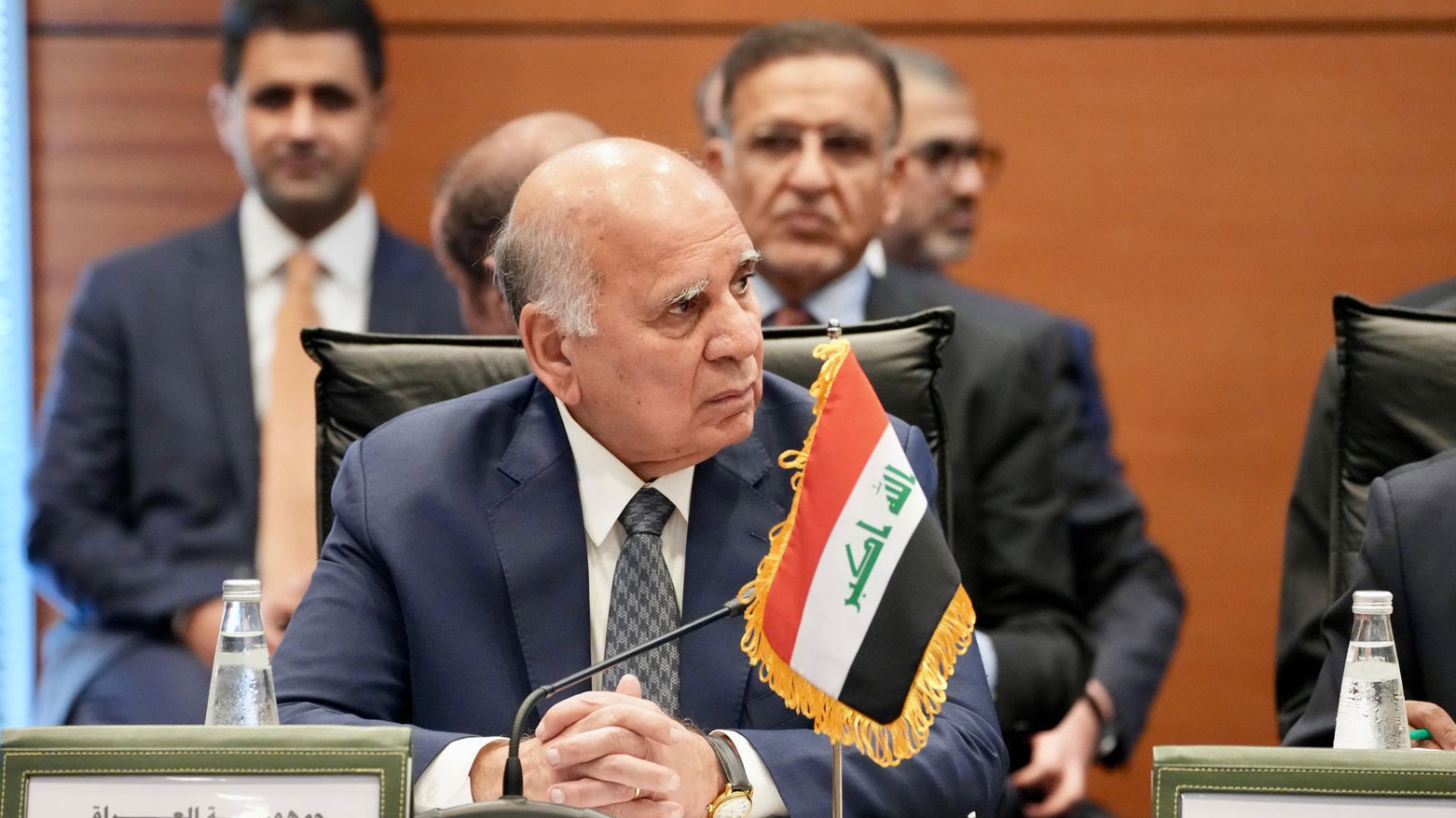Iraqi FM Warns of Dire Global Consequences if Strait of Hormuz Is Closed
Iraq's FM Fuad Hussein warned that Iran’s closure of the Strait of Hormuz could cut 5M barrels of oil daily, worsening the global crisis. At an Arab League meeting in Istanbul, he urged urgent action to prevent regional escalation and protect energy infrastructure.

By Kamaran Aziz
ERBIL (Kurdistan 24) — Iraqi Foreign Minister Fuad Hussein issued a stark warning that the closure of the Strait of Hormuz by Iran could remove nearly five million barrels of oil per day from global markets, exacerbating the current economic crisis.
The remarks came during an emergency session of Arab foreign ministers convened in Istanbul at Iraq's request. According to a statement from the Iraqi Ministry of Foreign Affairs, the urgent meeting was held to address "Israeli attacks on Iran and their impact on regional security and stability."
Foreign Minister Hussein told the session that Iraq took the initiative to request the emergency meeting due to the "seriousness of the situation" and the country’s "geographic and political position and its proximity to the crisis."
"The danger is not limited to Iran alone, but encompasses the entire region," Hussein stated. "We are facing major risks and uncertainties that require a collective and unified stance."
The Iraqi top diplomat called for immediate "concrete steps" aimed at influencing the positions of European countries and the United States in order to help de-escalate the crisis.
He further warned of the consequences of escalating attacks, particularly those targeting nuclear, oil, and gas infrastructure. Hussein emphasized that closing the Strait of Hormuz, a critical chokepoint for global oil transit, would lead to a significant disruption in energy supplies.
"This could lead to the loss of nearly five million barrels of oil per day in the markets," he said, cautioning that such an outcome would "worsen the global economic crisis."
He concluded by underscoring that "no one in the region would be spared from the fallout of this conflict," urging Arab states and the broader international community to act swiftly and decisively to contain the situation.